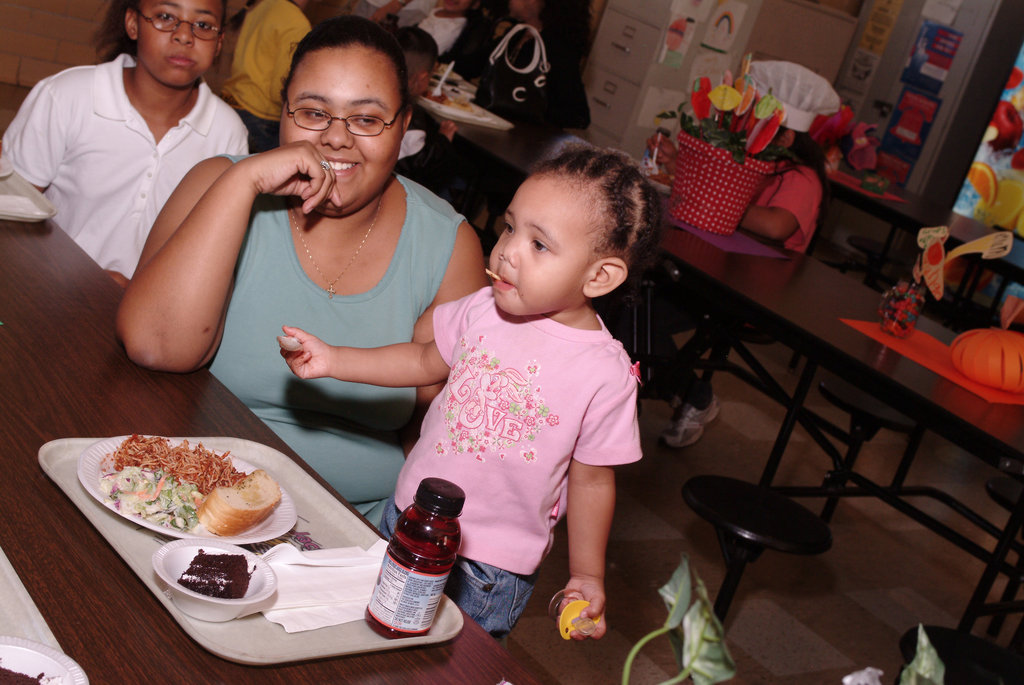By Sarah Schirmer | Corporate Gifts Developer
Why do so many families seek emergency food?
Long-term unemployment, persistent underemployment, inadequate SNAP benefits and the high cost of food, gasoline, utilities and rent are the leading reasons people seek emergency food, according to the 2012 biennial Hunger Factors Assessment released today by the Oregon Food Bank Network of Regional Food Banks.
The OFB Network of Regional Food Banks conducts the Hunger Factors Assessment (HFA) every two years. This year, 4,599 emergency-food recipients at 162 pantries in Oregon and Clark County, Wash., completed the survey.
The survey also shows the poorest of the poor are getting poorer. Nearly two-thirds of respondents (61 percent) reported a drop in monthly income during the past two years. Nearly, 75 percent reported incomes below the federal poverty line (gross income of $23,050 for a family of four).
“We were faithful donors to the food pantry before we went down to a one-person income. Thank you for helping us during this difficult time,” said one survey respondent.
When asked: “What happened to bring you to a food pantry?”
• More than half (56 percent) of the respondents said they ran out of SNAP benefits (“food stamps”). That compares to 50 percent in 2010.
• Almost half (48 percent) of the respondents cited high food cost as one reason they needed emergency food, compared to 44 percent in 2010.
“SNAP limits need to be raised to adjust for higher food costs,” wrote one respondent.
“The cost of food has gone up, but the amount of SNAP stays the same,” stated another respondent.
• 40 percent cited high gasoline costs, a sharp jump from 29 percent in 2010.
“Gas and health care are too expensive,” one respondent wrote.
“The 2012 Hunger Factors Assessment results clearly show the continuing fallout of the massive job losses caused by the recession and the need for adequate support for SNAP,” said Wadsworth. “Congress’s proposed cuts to SNAP would greatly increase the number of Oregonians seeking emergency food and would simply overwhelm our network.”
The bright spot:
The one bright spot of the survey shows that even though the hole is deep, some people are beginning to dig out. Households reporting at least one member with a full-time job increased from 22 percent in 2010 to 27 percent in 2012.
By Sarah Schirmer | Corporate Gifts Developer
By Sarah Schirmer | Corporate Gifts Developer
Project reports on GlobalGiving are posted directly to globalgiving.org by Project Leaders as they are completed, generally every 3-4 months. To protect the integrity of these documents, GlobalGiving does not alter them; therefore you may find some language or formatting issues.
If you donate to this project or have donated to this project, you can receive an email when this project posts a report. You can also subscribe for reports without donating.

